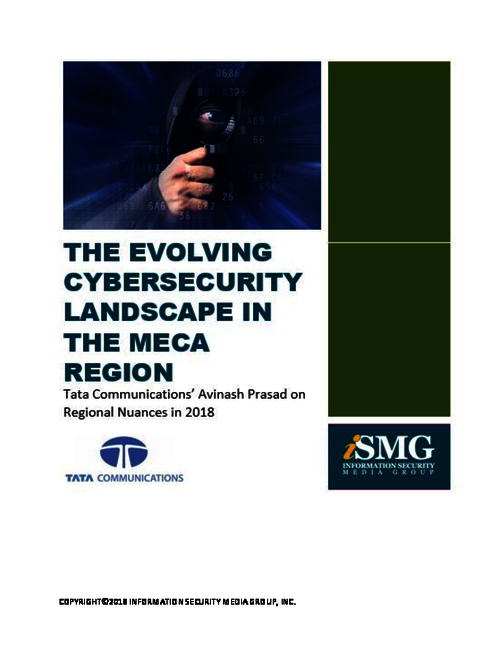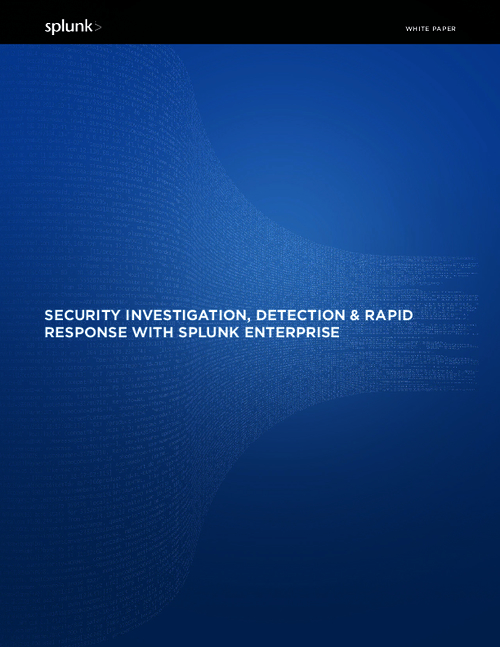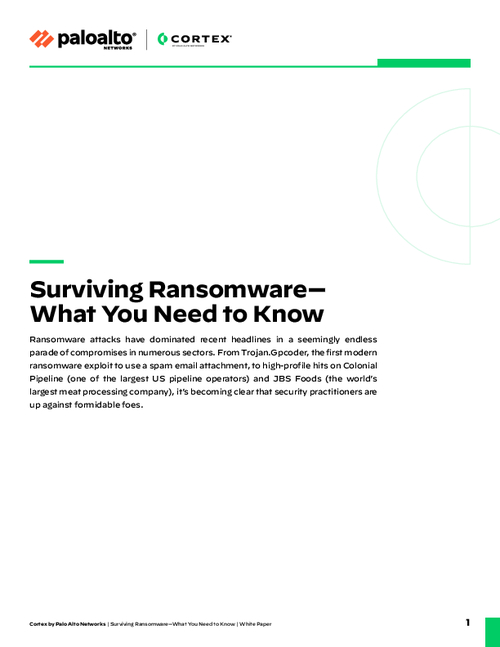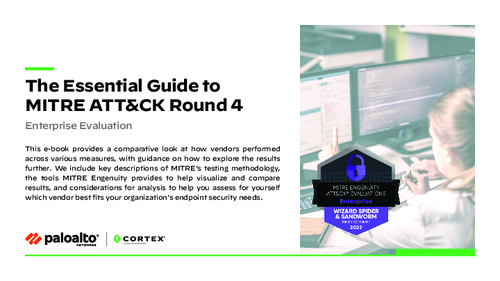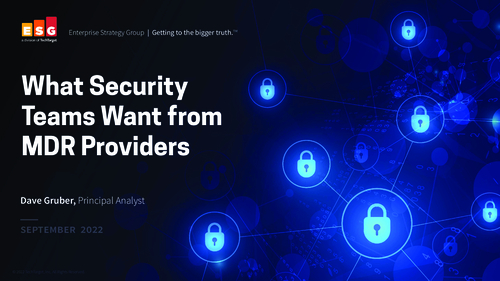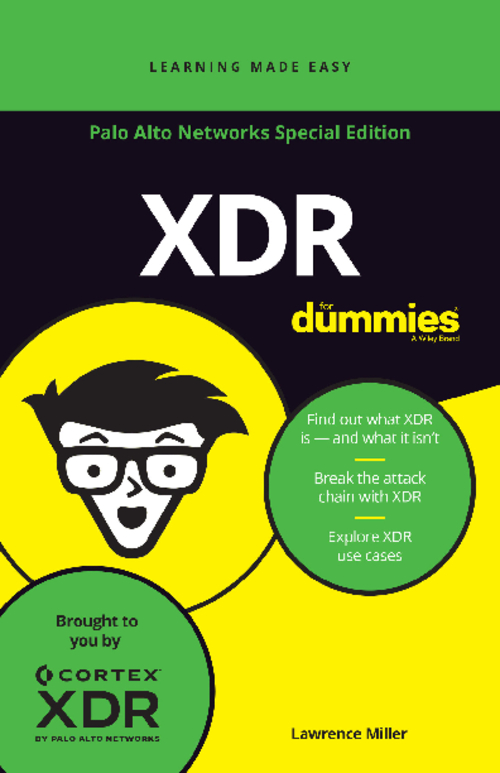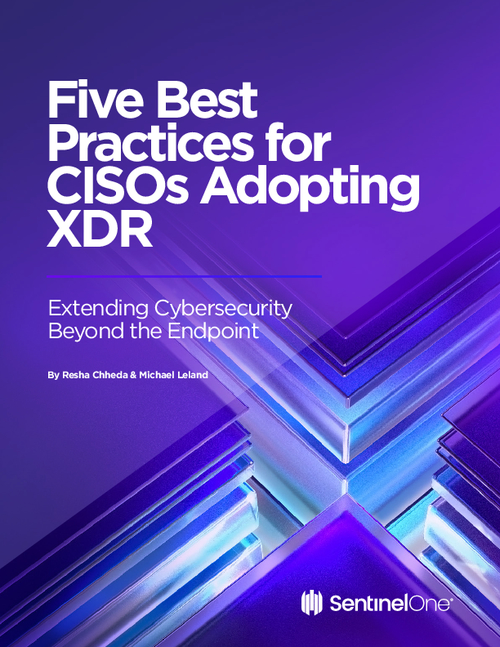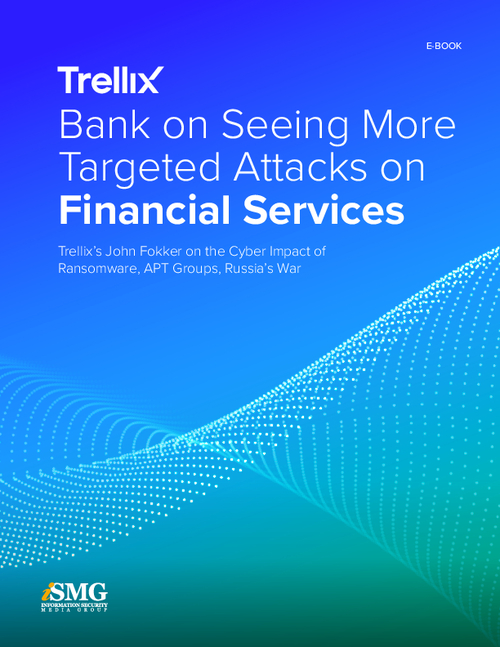Cyberwarfare / Nation-State Attacks , Endpoint Security , Fraud Management & Cybercrime
Why the Midterm Elections Are Hackable
Election Security Expert Barbara Simons Explains Voting Technology Concerns
With the midterm elections just around the corner, Barbara Simons, author of the election security book "Broken Ballots," explains why some voting computers remain inherently flawed.
The genesis of problems with today's voting machines was the controversy involved in counting certain paper ballots in the 2000 presidential election in Florida, Simons explains.
"What we really have are voting computers, and anybody who has been reading the news for the past few years understands that computers are vulnerable to attack by hacking; they're also vulnerable to software bugs and other unintentional errors that can occur," Simons says in an interview with Information Security Media Group. "And yet as a result of this early, wrong perception that paper was not a good technology to use for voting, many of these initial voting computers that came out were paperless, which meant that it was impossible to do a recount."
Simons says technology issues still have not been resolved in time for the upcoming midterm elections.
"I'm pretty horrified by the fact that there are still 13 states in the United States today in which voters will be casting their ballots in this upcoming midterm election on paperless, unrecountable, vulnerable voting computers," she says. "In five of these states, everybody will be voting on these machines. ... One of these states is Georgia, which is a big battleground state. ... Everybody in Georgia who casts a ballot in the polling place will be voting on these paperless machines that we have known how to hack since 2006 and that we also know can be hacked remotely."
In this interview (see audio link below photo), Simons also discusses:
- How the United States came to accept voting systems that could produce unclear outcomes;
- What the key vulnerabilities are in today's voting systems and technologies and how these can be fixed;
- The fallacy of blockchain as a way to secure internet-based voting.
Simons is a former president of the Association for Computing Machinery, the nation's largest educational and scientific computing society. An expert on electronic voting, she co-wrote the book "Broken Ballots: Will Your Vote Count?" She has been on the board of advisers of the U.S. Election Assistance Commission since 2008, and she co-authored the report that led to the cancellation of the Department of Defense's internet voting project in 2004 because of security concerns.

